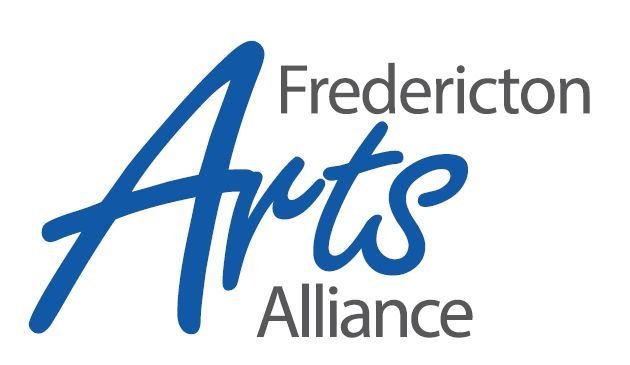
Advocacy
Political Forums
on arts issues
Since our beginning, back in 1999, the FAA has been socially and politically active on behalf of art and artists. One of our first causes was working toward the creation of a community arts centre in what had been the Charlotte Street School. Our members were central in creating that centre, and have remained actively committed to its support.
We have organized public forums for every federal, provincial and municipal election, inviting candidates for office to address issues of interest to artists, the artistic community, and the public in general. These events have attracted substantial audiences, engaging them in posing questions beforehand and in open discussions at the public meetings. With the onset of pandemic restrictions, we have found ways to conduct these forums online, allowing for active participation from audience members.
In addition, over the years, the FAA has regularly participated in various arts and culture forums, economic development forums and social policy meetings organized by elected officials at all three levels of government. We were involved in the creation of Fredericton’s Municipal Cultural Policy. In 2005, we participated in an Atlantic Cultural Spaces conference. For several years while Fredericton’s mayor held quarterly business breakfasts at City Hall, the FAA arranged for artists to be present and display their works to link the business and arts communities.
Election Forum 2020
Since the advent of COVID restrictions, three successive election forums have been held online, beginning with the September 2020 provincial election, and continuing with the spring 2021 municipal election and the fall federal election.
Arts Curriculum Study
An update from the Advocacy Committee
(January 2023)
Following upon Fredericton Arts Alliance (FAA) publicly expressing its concern in May 2021 about Fredericton High School’s reduction of Grade 10 art and music instruction in its 2021-22 curriculum, this reduction lead FAA’s Arts Advocacy Committee to question what level of Grades 9/10 art and music course instruction was being offered in all the province’s high schools.
To find out, the committee set out in June of that year to learn about the amount of art and music course time required and actually offered by the province’s four Anglophone high school districts in Grades 9-10, compared to other speciality courses such as Broad-Based Technology and Physical Education.
With the co-operation of the Anglophone school districts, FAA obtained and analysed the 2021-22 specialty course data. And, by late 2022 we also acquired the districts’ 2022-2023 data. The committee is now in a position to compare the two years of speciality course offeirngs to determine whether New Brunswick’s high schools are providing sufficient Grades 9-10 arts instruction to meet the Department of Education and Early Childhood Development’s (EECD) curriculum standards for arts learning.
Additionally, FAA’s Arts Advocacy Committee has also been following the status of substantive recommendations presented in the comprehensive report Creating a Common Vision—Issues and recommendations for K-12 arts education in New Brunswick. This report, released in 2019 by Arts Link NB, aimed to see arts education elevated to the same status as science, math and technology. However, the report’s timing, just before COVID hit, put it on the department’s back burner while COVID protocols took centre stage.
Now, three years later, EECD has released a new curriculum design policy for Grades 9-12 to take effect this fall. The policy requires students to take at least one Arts course in Grades 10-12 to qualify for graduation. The question is whether this improves substantially on current requirements. The FAA thinks it does, but we are awaiting news if the arts community thinks this change goes far enough to meet their expressed hopes. There is the concern that the arts courses offered for Grades 9-12 will have sufficient integrity to give graduating students an arts background that will see them flourish in the globally growing creative knowledge-based economy.
Though it is clear the province’s high school graduation requirements are on the verge of an important update, the FAA’s research, once our analysis is complete, will provide the arts community a useful benchmark of how things stood for Grade 9-10 arts specialities prior to this change, and a solid measure for comparison going forward.

